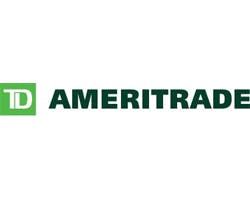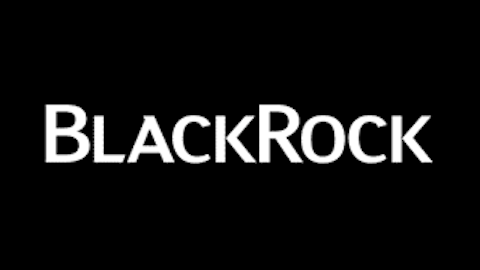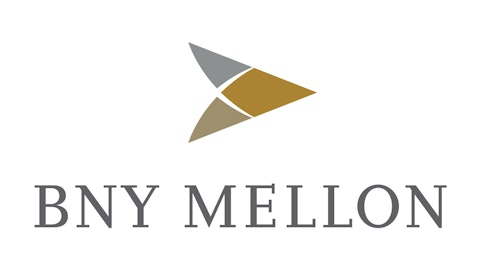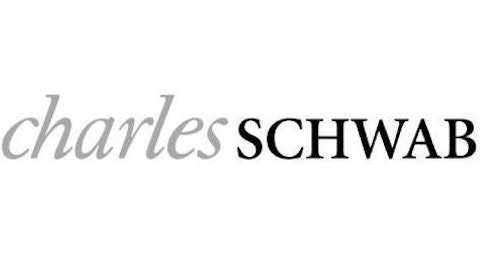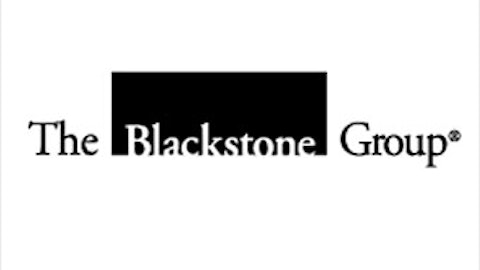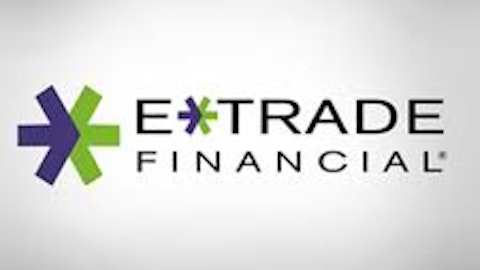Changing jobs is one of the most stressful things you’ll ever have to do. In the midst of making new working relationships and handling tons of paperwork, one of the things that often slips through the cracks is what to do with the money you’ve saved in your former employer’s retirement plan.
Financial companies have worked hard to urge people to take advantage of their right to roll over old 401(k) balances into IRAs. In fact, TD Ameritrade Holding Corp. (NYSE:AMTD), E TRADE Financial Corporation (NASDAQ:ETFC), and several other brokers routinely offer substantial incentives to potential clients who agree to roll over former-employer retirement money into new IRAs. Yet according to a study earlier this year from the Government Accountability Office, one often smarter choice gets far too little attention: rolling over old 401(k) money into your new employer’s 401(k). Below, you’ll find three reasons why a 401(k)-to-401(k) rollover might be your best bet.
1. You avoid a big tax hit.
One of the biggest mistakes people make when they leave a job is to take the money they’ve set aside in their company retirement plan and go on a spending spree. By doing so, they have to include the money they receive as taxable income, and if they’re under the age of 59 and a half, they’ll also have to pay a penalty of 10% of the amount they took. Even worse, even if you save and invest the money rather than spending it, you lose the advantages of tax deferral on the investment income it generates.
All rollovers, whether to an IRA or to a new employer’s 401(k), avoid this bad result. By keeping the money within a tax-favored account, you maintain the full value of your retirement money and still reap the tax benefits so long as the money stays within the account.
2. You keep your retirement money in one place.
For many investors, keeping track of multiple retirement accounts is a major hassle. Yet given that the number of times we change jobs during our careers has increased greatly over generations of workers, you can end up with a patchwork of different rollover IRAs and 401(k) accounts if you’re not diligent about consolidating them over time. Keeping accounts in one central location lets you more efficiently handle tasks like allocating your retirement assets across stocks, bonds, and other asset classes, without having to reconcile the different investment choices available in multiple plans.
3. You can cut costs.
Perhaps the best scenario in which to roll over old 401(k) money to a new employer’s plan is when the new employer’s 401(k) investment options are cheaper and better than you’ll get in an IRA. The GAO study found that 401(k) plans often have access to lower-cost institutional share classes of mutual funds, with fees that are much lower than you’ll find among the share classes available to most individual investors. For instance, fund companies Franklin Resources, Inc. (NYSE:BEN) and AllianceBernstein Holding LP (NYSE:AB) have retirement-share classes available through 401(k) plans with no upfront sales charge, but the same shares offered to individuals can come with sales loads of up to 5.75%. If you like those funds and they’re available in your new 401(k), then it makes far more sense to get access to the cheaper share option.
Make the right choice
The downside of rolling over old 401(k) money to a new employer’s plan is that you lose the complete flexibility that a rollover IRA provides, as you’re limited to the plan’s investment options. In some cases, that’s too high a price to pay for the convenience of having all your money in one place. But if your new plan has good low-cost investment options, then you should definitely consider the benefits of having the bulk of your retirement assets in one easy-to-manage location.
The article 3 Reasons to Make This Rare Retirement Choice originally appeared on Fool.com and is written by Dan Caplinger.
Fool contributor Dan Caplinger has no position in any stocks mentioned. You can follow him on Twitter @DanCaplinger. The Motley Fool recommends TD Ameritrade. The Motley Fool owns shares of TD Ameritrade.
Copyright © 1995 – 2013 The Motley Fool, LLC. All rights reserved. The Motley Fool has a disclosure policy.
